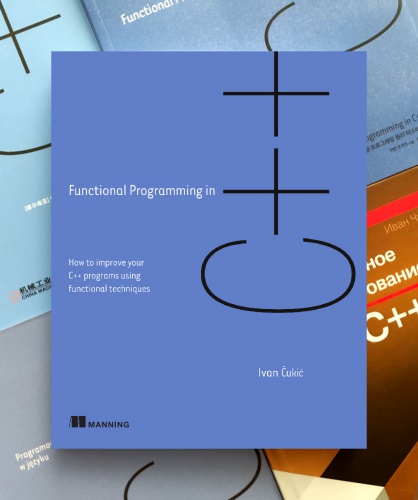I got a copy of the Application Development with Qt Creator, 2nd ed. for review, so I decided to post the review here - KDE is still the greatest Qt community in the world, and we have more than a few students and teachers in it which might benefit from a book like this one.
Before I start, I ought say that lately I’m used to reading some more involved material on C++, Haskell and category theory. I’m just pointing this out in the case I sound a bit more negative in this review than the book deserves.
Target audience
First of all, who is this book meant for? It seems to be aimed at CS students (or others who had no contact with Qt before) who want to learn Qt when they already know C++ to some degree. It generally requires only basic understanding of C++ - I’m even wondering whether a lonely Java or C# programmer would be able to start coding in Qt with this book, without any prior knowledge of C++ (if somebody tries to, please let me know how it fares).
Topics covered
A solid part of the book covers the Qt Creator, from its debugging environment to QWidget and QML UI designers. These parts are nicely written, and provide sufficient explanations for anybody to get started with it. There are a few places where a graphical representations would make more sense than textual explanations (QWidget layouts), but I guess those are simple enough not to need the explanations at all.
Other parts cover topics from Qt’s collection classes, network connections and xml parsing, to Qt Quick with multimedia and sensors. The topics are not covered in-depth, but rather provide a brief overview. Each section includes explanations of most important classes, their APIs and how they are used.
Due to its brevity, I think the book misses to mention a few important bits like QMutexLocker while talking about mutexes, or to explain the difference between QList and std::list (like why the former is less evil than the latter :) while comparing them.
The chapter that I was positively surprised to see is the “Optimizing Performance with Qt Creator” which deals with QML performance analyser and Valgrind. It is usually not a topic covered in beginner courses, and it really ought to be.
Summary
Now, a short summary that does not really sum up anything. I can not make up my mind about this book.
The fact it focuses only on Qt, and does not cover it in-depth, would make it insufficient for my course (I teach C++ and Qt to the final year B.Sc. students).
I can see it as a viable (and even good) option for the early CS courses if the students have already had some basic programming course that covered C++ basics beforehand. For this stage of learning, the covered topics tend to be interesting (UI, multimedia), useful (IDE, profiling) and not over-demanding.
I realise I’m hammering on about students. It is simply because the author implied that they are the target audience, and due to my position at the university.
What about everyone else?
Since I can not make up my mind, and say “buy it!” or “run away!”, my advice is to go to the store and check it out for yourself. It is well written, and easy to read, but you should see whether the format suits you. It can be a nice introduction to Qt if you are not from around these parts. I’ve found the chapter 7 to be the most representative of the rest of the book, so when you check that one out, you’ll know what you are getting.
A few more bits
Unsorted and uncovered parts from my notes:
- I haven’t checked out the price-tag, didn’t want to influence my expectations;
- I’m sometimes overly harsh when reviewing things - when I find dubious and incorrect statements (and expect the author to know better), I can go berserk - it did not happen in this case, not once;
- I sometimes get annoyed by layout and printing errors - it happened only once or twice with this book :);
- Thanks to Packt for giving me the book to review.



